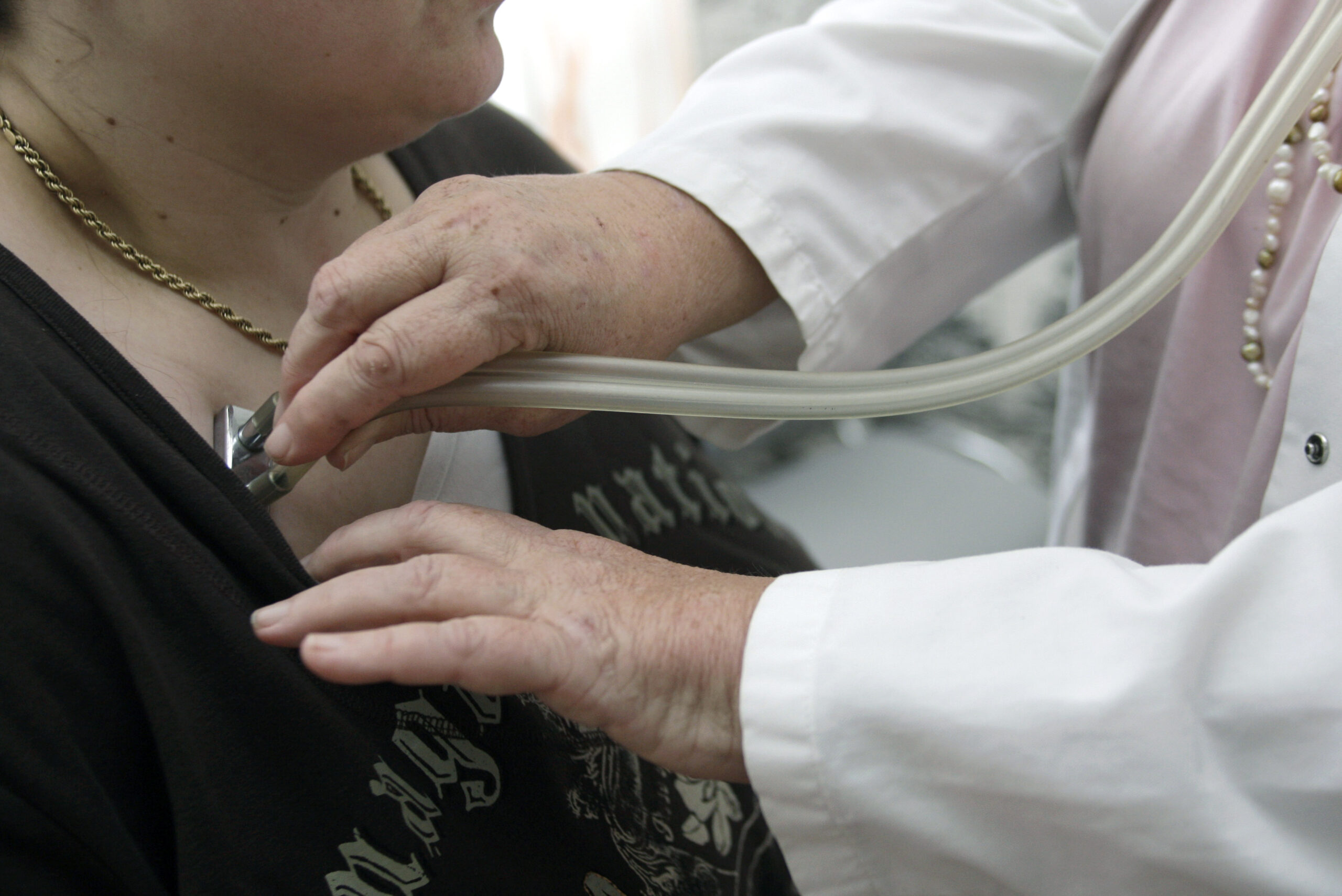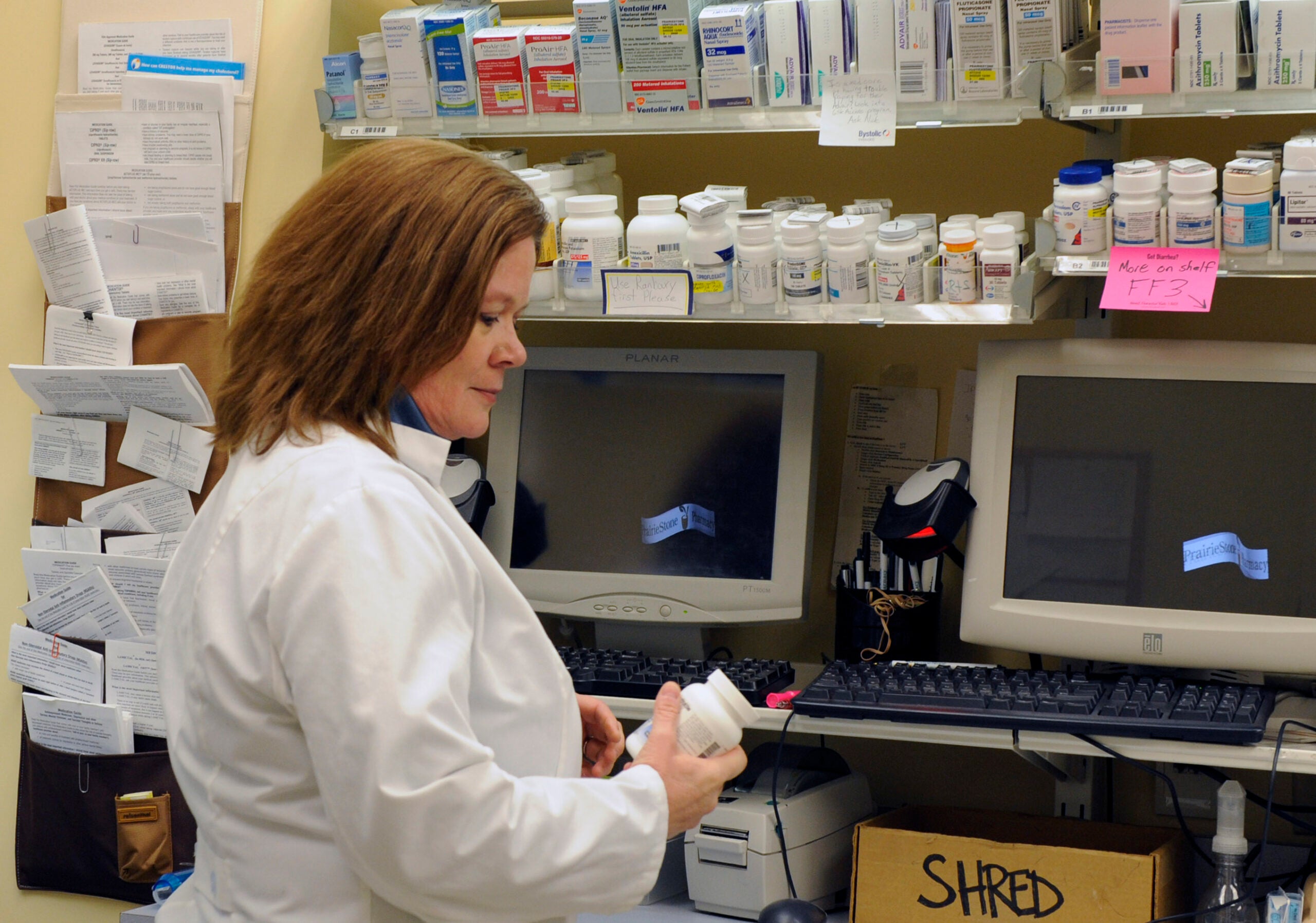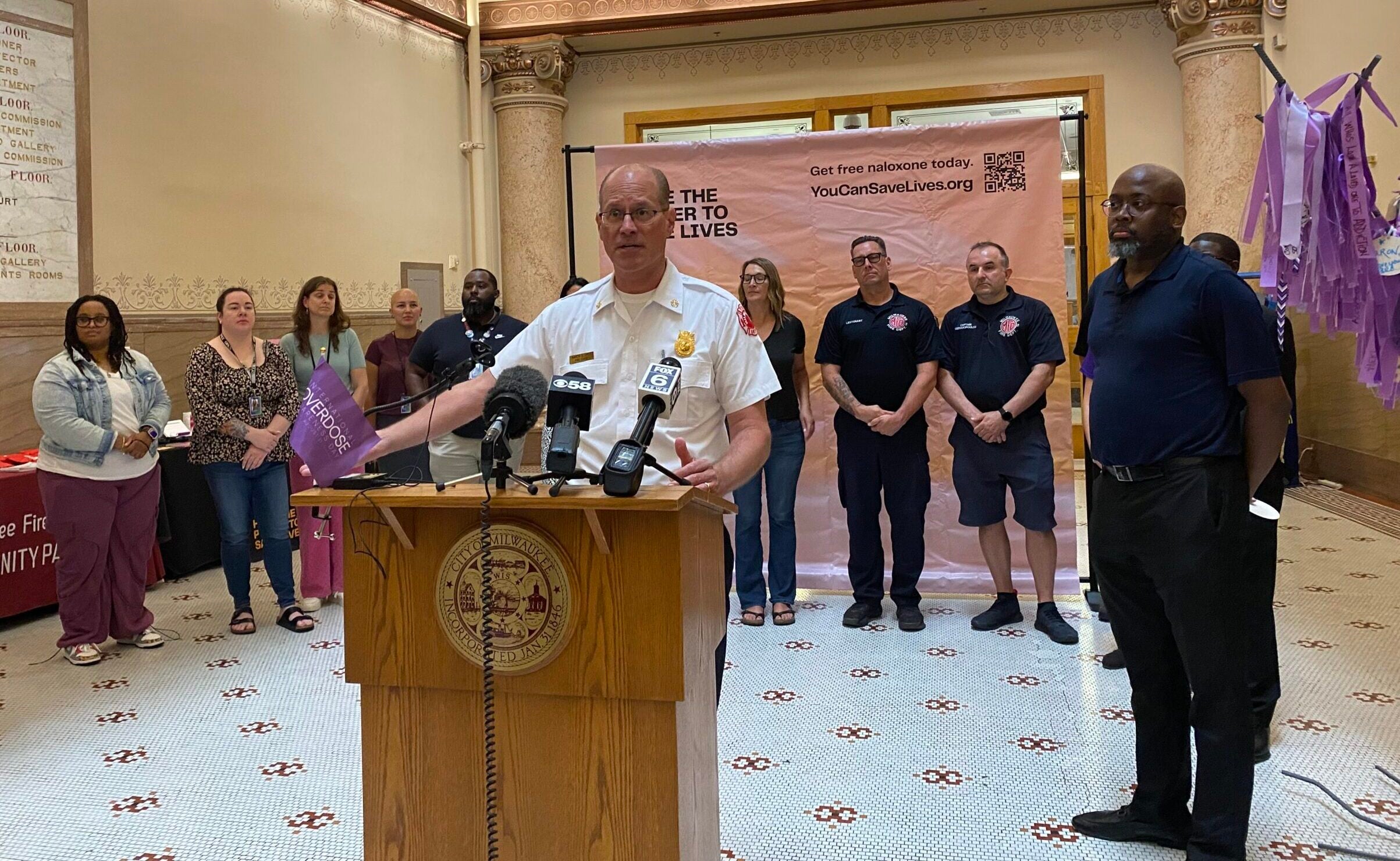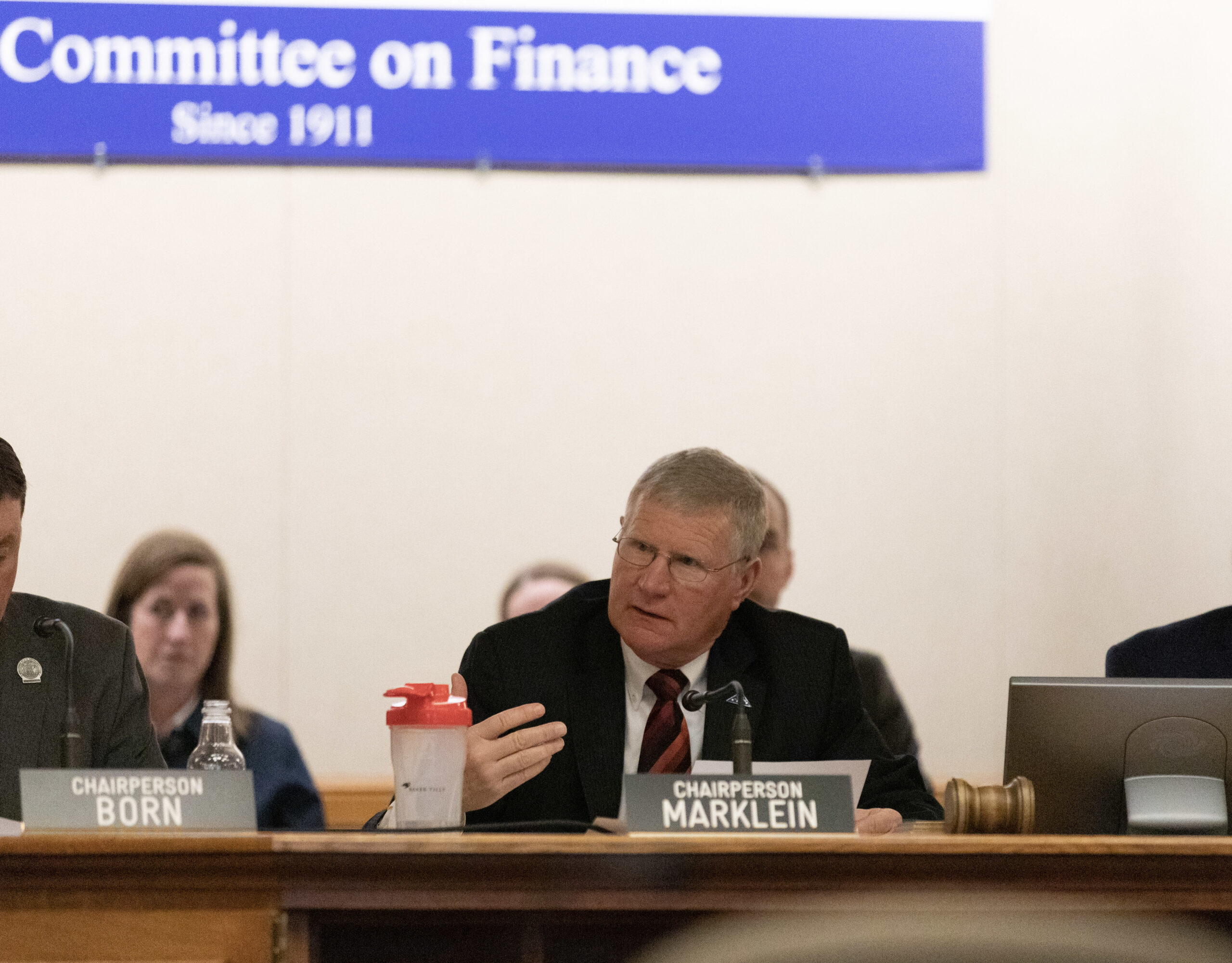A statewide program that tracks prescriptions for opioids and other addictive drugs is also helping to eliminate the practice of “doctor shopping,” according to an official who oversees the program.
Thanks to the state’s Prescription Drug Monitoring Program, “doctor shopping” is no longer common in Wisconsin, said Dan Hereth, secretary-designee of the state Department of Safety and Professional Services. “Doctor shopping” refers to the practice of seeking the same prescriptions from multiple doctors for illegal use.
“That’s very difficult to do now here in Wisconsin,” Hereth said recently on WPR’s “The Morning Show.”
News with a little more humanity
WPR’s “Wisconsin Today” newsletter keeps you connected to the state you love without feeling overwhelmed. No paywall. No agenda. No corporate filter.
Pharmacies, health care professionals, police agencies and public health workers can access information about monitored prescription drugs through the program. Prescribers using the tool can make better informed decisions about prescribing controlled substances or those with potential for abuse to their patients.
“We continue to augment the system by providing physicians and others with even more robust data and visualizations around prescribing practices,” Hereth said.
While the state has reduced over-prescribing of opioid painkillers, Hereth said people with substance abuse disorders might instead seek out street drugs, such as heroin.
From a broader view, fatal overdoses remain a problem in the state. About 1,800 people died in Wisconsin from drug overdoses in the most recent 12 months of available reports, according to the U.S. Centers for Disease Control and Prevention.

Licenses issued more quickly, but more workers needed
Also during his appearance on “The Morning Show,” Hereth praised the Department of Safety and Professional Services for issuing more than 60,000 credentials last year across industries, from nursing to social work to real estate.
“We’ve issued more licenses more quickly than at any point in the history of the agency,” he said. “One of the things that I’m particularly proud about is if you look at the 2023 fiscal year data, the improvement in our licensing resulted in $54 million in additional wages for Wisconsinites.”
To keep processing more licenses, Hereth said he asked for a record number of workers in his latest state budget request. But he said the agency ended up getting 13 temporary workers.
“Staffing government services off of temporary workers is not sustainable,” he said.
Wisconsin Public Radio, © Copyright 2025, Board of Regents of the University of Wisconsin System and Wisconsin Educational Communications Board.







